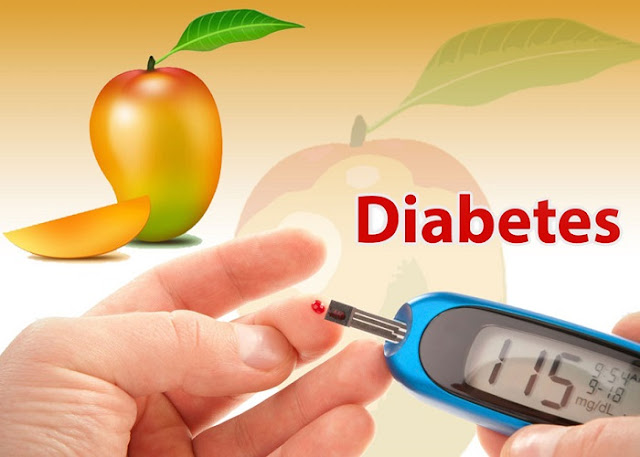વિટામિન E અને ડાયાબિટીસ / Vitamin E and Diabetes
ડાયાબિટીસ અને તેનાથી સંબંધિત કોમ્પ્લિકેશનના નિયંત્રણમાં વિટામિન ઇ ખૂબ જ મહત્વપૂર્ણ ભૂમિકા નિભાવે છે.
ઓક્સિડેટીવ તાણ (ફ્રી રેડિકલ દ્વારા સેલ નુકસાન) અને ડાયાબિટીસની કેટલીક કોમ્પ્લિકેશન વચ્ચેનો સંબંધ નિશ્ચિતપણે સ્થાપિત થયો છે.
ડાયાબિટીઝવાળા લોકોમાં એન્ટિઓક્સિડન્ટનો નાશ કરતા ઇન્સ્યુલિન રેઝીસ્ટન્સને કારણે વધુ ફ્રી- રેડિકલ હોય છે.
1. જ્યારે શરીરમાં વિટામિન ઇ પૂરતા પ્રમાણ હોય છે,ત્યારે તે શરીરની અંદર ઇન્સ્યુલિનની પ્રવૃત્તિ સુધારવામાં મદદ કરે છે અને તે ડાયાબિટીઝવાળા લોકોમાં ગ્લાયકેમિક નિયંત્રણમાં મદદ કરે છે.
VITAMIN E plays a very important role in the management and the prevention of diabetes and related complications.
The relationship between oxidative stress ( cell damage by free radicals ) and certain diabetic complications has been firmly established.
People with diabetes tend to have more free radicals because of insulin resistance that destroy antioxidants.
1. When the body has a sufficient amount of vitamin E, it helps to improve the activity of insulin within the body and thereby helps glycemic control in people with diabetes.
2. Vitamin E improves insulin sensitivity and insulin resistance in overweight individuals and thereby can prevent the onset of diabetes.
3. Because of the antioxidant nature of vitamin E, supplementation of vitamin E may be a valuable strategy for controlling diabetes complications and decreasing inflammatory activity in organs such as kidney, eyes, non healing wounds and various infection.
4. In studies, it has been found that introducing 400 mg vitamin E supplement can reduce the risk of a heart attack.
SOURCES
Vitamin E is a fat soluble vitamin.
The best way to get the daily requirement of vitamin E id by eating the following foods:
1. Vegetable oils ( sunflower, safflower, corn, groundnut oil and soybean oils )
2. Nuts ( walnuts, almonds, peanuts and hazelnuts )
3. Seeds ( sunflower seeds, flex seeds, gingelly seeds )
4. Green leafy vegetable ( spinach and broccoli )
RECOMMENDED DAILY INTAKE
The recommended daily amount of vitamin E for adults is 15 mg a day.
You can get enough and safe upper intake level of a vitamin E from a balanced diet.
The tolerable and safe upper intake level of a vitamin E supplement is 1000 mg.


.jpg)


Comments
Post a Comment